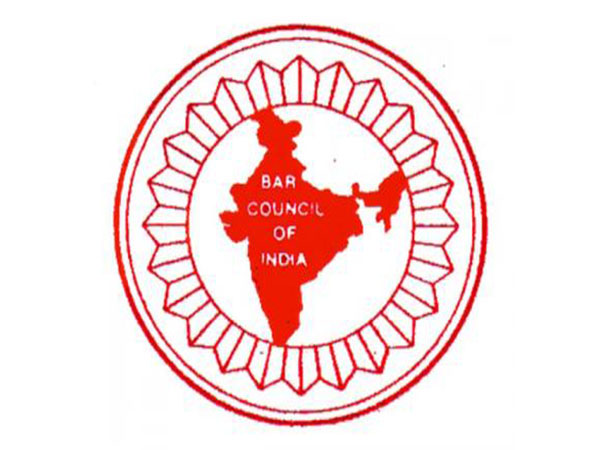'First-ever in modern Indian medicine': CSIR DG hails clinical trial nod to test plant-based drug for COVID-19 treatment
Jun 06, 2020

By Suchitra Mukherjee
New Delhi [India], June 6 : Clinical trials of the plant-derived drug, ACQH, to treat COVID-19 patients that began on Friday in India has been hailed by the Council of Scientific and Industrial Research (CSIR) as "historic in modern medicine".
Speaking to ANI, Dr Shekhar Mande, Director General, CSIR said, "CSIR is pleased to inform that ACQH clinical trial has begun yesterday, by Sun Pharmaceutical in collaboration with ICGEB New Delhi and CSIR IIIM Jammu with support by CSIR and DBT. We are going to attempt to combat COVID-19 and we do hope that it is successful."
India's top drug regulator Drugs Controller General of India (DGCI) on Friday allowed Sun Pharmaceutical to conduct clinical trial for the first phytopharmaceutical or plant-based drug AQCH to treat COVID-19 patients. According to the company, the clinical trials will be conducted across 12 centres in India in 210 patients.
"Yesterday Sun pharmaceutical began the clinical trial for this phytopharmaceutical called AQCH. It's a historical day in modern medicine especially in India now we have chance to tap our traditional knowledge system that has been used to treat diseases," he added.
The Director-General of CSIR said that the Mumbai-based company Sun Pharmaceutical had started a clinical trial for ACQH for COVID-19 after the plant-based drug, which is being developed for dengue, showed broad antiviral effect in studies.
"Phase 1 clinical trials went very well and based on encouraging result we decided we should try it against COVID-19," said Dr Mande.
"Typically a clinical trial takes a long time, we are expecting ACQH clinical trial will be done in three months or it might take some more time. This is a multicentric clinical trial so not only Delhi but several places in India will take patients for the trial," he added.
Mande said that June 5, 2020 marks a red-letter day in India's history of modern medicine. He said the modern drugs and pharmaceuticals paradigm has evolved over the last 100 years and cited J. Drews, Science (2000) 287, 1960-64.
According to this paradigm, any disease occurs due to a cause, which can be corrected by externally providing a chemical which can suppress that cause. This external chemical is what we call as a "drug" or "medicine".
The efficacy of the "drug" against the disease is typically established by conducting Randomised Controlled Trials (RCT) with all appropriate controls. Over the years, more than 2500 medicines have been approved all over the world to treat different diseases. While the paradigm has evolved identifying one cause of a disease, and one chemical entity to correct that cause, the traditional system in many countries/cultures which has used extracts from natural sources has by and large been ignored, said Dr Mande.
Thus, the traditional system of medicines which used various natural sources and their extracts has not found use in modern medicine. Due to increasing debates and concerns over the years, the US FDA in 2005 finally recognized a class of medicines termed as "botanicals", which are plant-derived natural extracts and complex mixture of compounds. Botanical drugs are not necessarily purified chemical entities to treat a disease. The same class of drugs was also adopted in India as "phytopharmaceuticals" in 2015. Yet, till date, no clinical trial (RCT) of any phytopharmaceutical has been undertaken in India.
"Today, the situation has changed. The clinical trial of extracts from Cocculus hirustus (in Hindi called as Patalgarudi) spearheaded by Sun Pharma has begun to mitigate COVID-19. This is led by the ICGEB, Delhi and CSIR-IIIM, Jammu on the academic side. Thus, CSIR is once again playing a stellar role in modern medicine by attempting to change the paradigms," said Dr Mande.
Further Mande added that the entire tribal belt in India starting from Gujarat Maharashtra, Chhattisgarh and Jharkhand has been using extracts from this plant for treating various ailments.

















